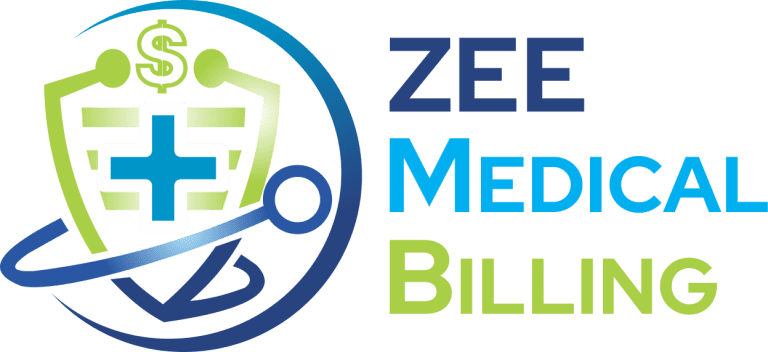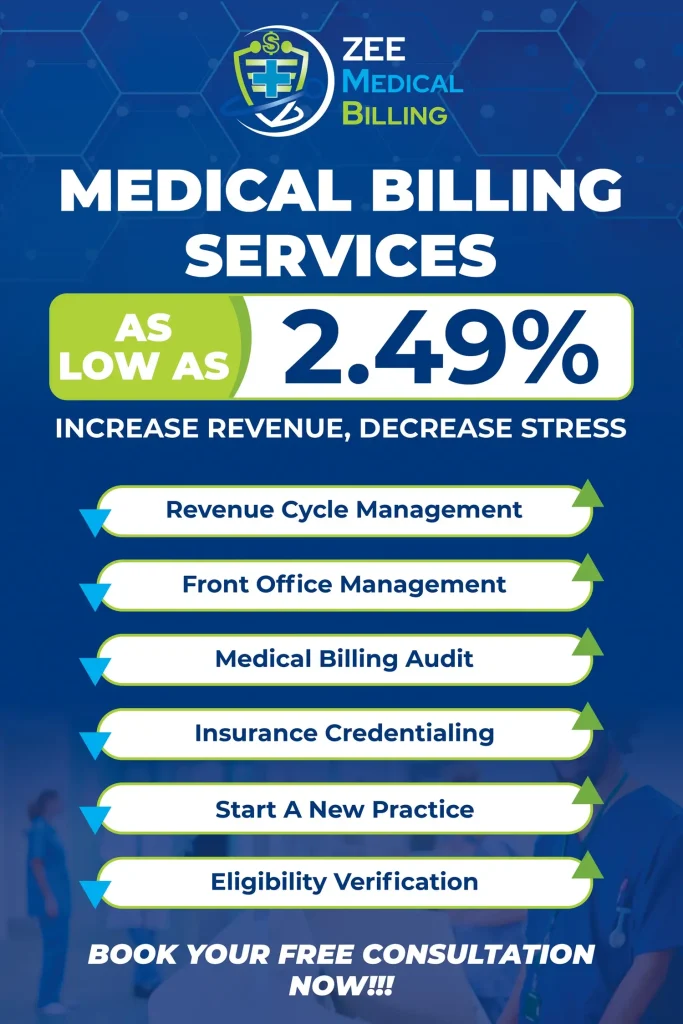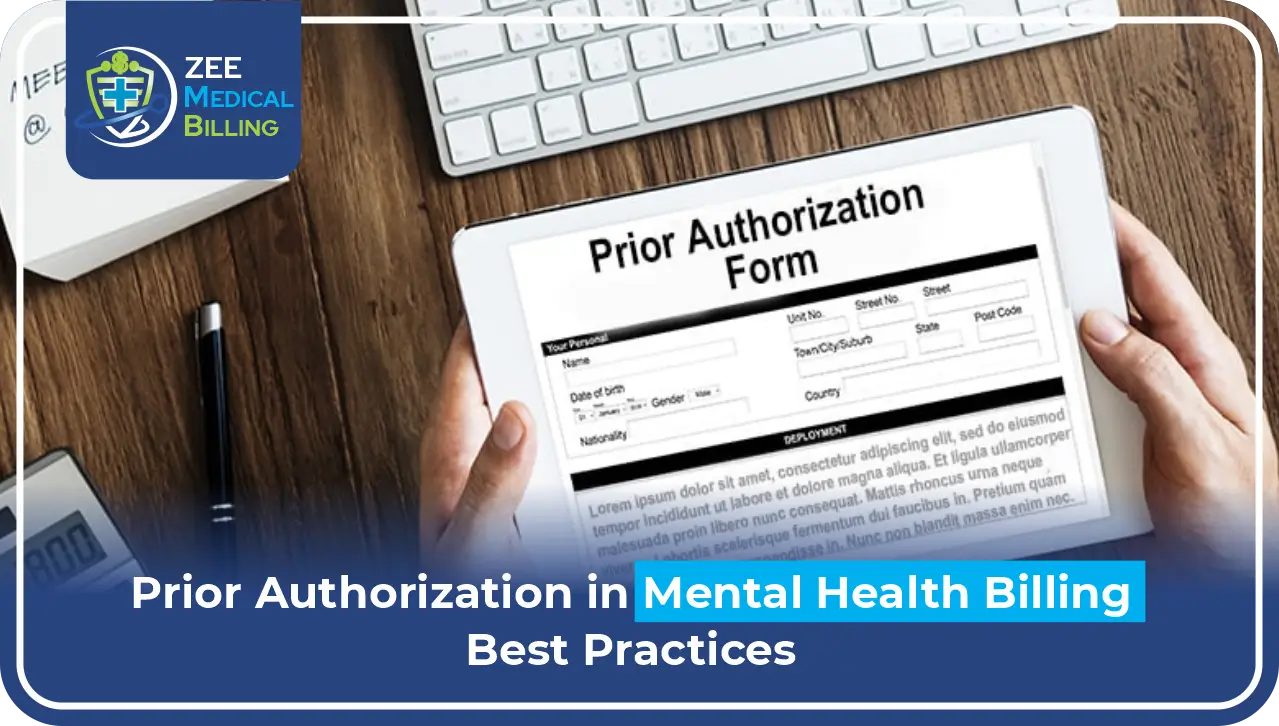Medicare reimbursement is a critical revenue stream for healthcare providers. However, exploring the complexities of Medicare strategies, billing methods, and compliance regulations can be challenging. To maximize reimbursement, suppliers should take on proactive systems that improve efficiency, ensure compliance, and enhance financial performance. Here are proven strategies to boost Medicare reimbursement.
1. Stay Updated on Medicare Policies and Regulations
Medicare policies are continually advancing, with successive changes in reimbursement rates, coding requirements, and compliance mandates. Suppliers should remain informed about these updates by buying CMS (Centers for Medicare and Medicaid Services) pamphlets, going to online classes, and consulting industry specialists. Awareness of policy changes helps in adjusting billing practices and avoiding claim denials.
Read More: How to Measure the Effectiveness of Revenue Cycle Management in Healthcare
2. Streamline Documentation and Coding Practices
Accurate documentation and coding are important for maximizing federal Medicare reimbursement. Suppliers should:
- Guarantee GuaranteeD-10, CPT, and HCPCS codes to reflect the services given.
- Direct coding staff to limit errors and further develop accuracy.
- Implement electronic health records (EHR) with built-in coding assistance to reduce omissions and irregularities.
- Perform recognition of documentation gaps and correct errors before claim submission.
3. Improve Revenue Cycle Management
Proficient revenue cycle management (RCM) plays an essential part in Medicare reimbursement. Key strategies include:
- Checking before delivering services to affirm Medicare coverage.
- Submitting to reduce payment delays.
- Tracking and following up on denials or underpayments.
- Implementing automation tools to streamline billing and lessen administrative burden.
4. Reduce Claim Denials and Rejections
Claim denials can prompt revenue losses and operational inefficiencies. To limit denials:
- Conduct pre-claim reviews to identify potential errors.
- Guarantee that all services given are medicinally essential and well-documented.
- Appeal denied claims immediately with appropriate documentation and justification.
- Leverage analytics to distinguish common denial trends and address root causes.
By implementing these strategies, healthcare providers can optimize their Medicare reimbursement, improve financial sustainability, and continue delivering high-quality care to patients.
5. Leverage Telehealth and Value-Based Programs
Medicare has extended reimbursement for telehealth services, setting out new revenue opportunities. Suppliers should:
- Implement compliant telehealth stages and bill for virtual visits properly.
- Participate in Medicare’s Value-Based Care drives, for example, the Merit-Based Incentive Payment System (MIPS), to procure performance-based rewards.
- Center around quality improvement measurements to upgrade patient results and increase reimbursement rates.
Read More: 7 Key Benefits Of Revenue Cycle Management In Healthcare
6. Conduct Regular Compliance Audits
Compliance with Medicare regulations is vital to avoid penalties and payment recoupments. Suppliers should:
- Perform inner audits to guarantee adherence to billing and coding rules.
- Address potential fraud, waste, and abuse issues through compliance training.
- Establish a compliance team to oversee regulatory requirements and execute corrective actions when required.
7. Upgrade Patient Commitment and Satisfaction
Medicare reimbursement binds to patient experience and care quality. Suppliers can boost their:
- Improving communication and patient training.
- Lessening wait times and guaranteeing timely follow-ups.
- Empowering preventive care and wellness visits to improve results.
By executing these strategies, healthcare providers can upgrade their Medicare reimbursement, improve financial sustainability, and continue delivering high-quality care to patients.









